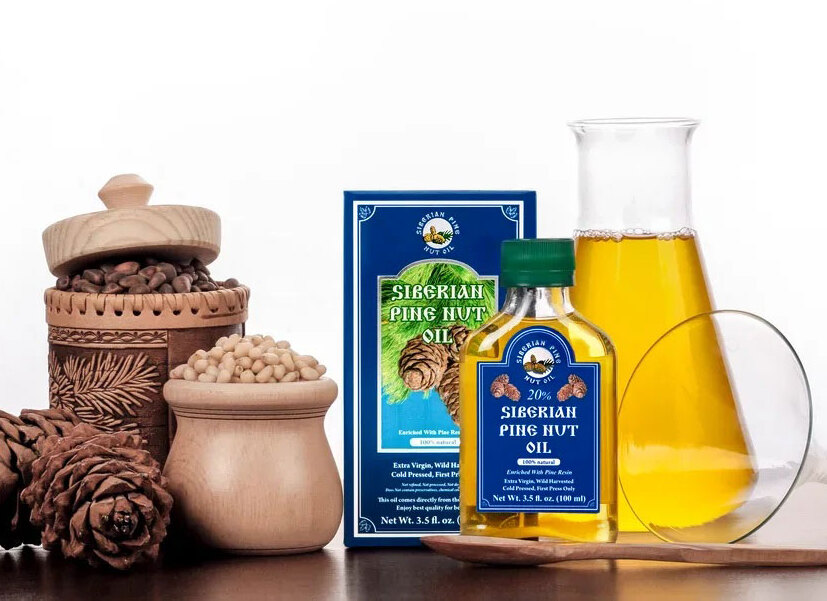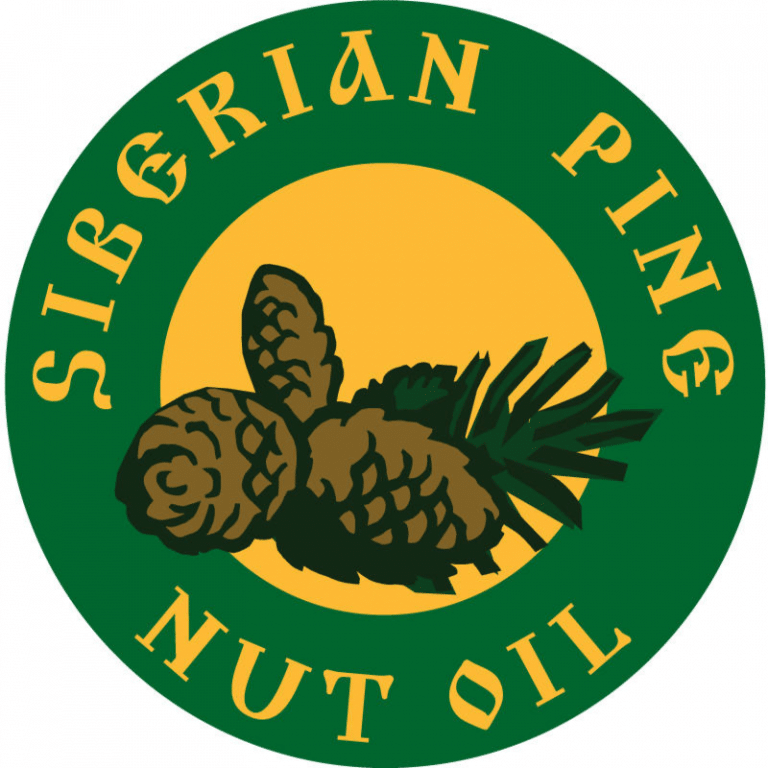Pine Nut Oil enriched with Pine Resin in the treatment of Intestinal Dysbiosys

Intestinal dysbacteriosis is a condition in which the composition of the normal intestinal microflora is disturbed. Dysbacteriosis leads to many unpleasant symptoms, and if left untreated, it affects the general condition of the body. A decrease in the number of beneficial bacteria in the intestine leads to digestive disorders, absorption of nutrients, and a decrease in immunity. At this stage of the disease, general exhaustion of the body develops, the patient feels tired, weak, anemia and beriberi develop. Statistics show that more than 90% of the population suffers from dysbacteriosis in varying degrees of severity.
Pine nut oil enriched with pine resin is an effective remedy for the treatment of dysbacteriosis, since it simultaneously delays the growth of pathogenic microflora and promotes the growth of beneficial bacteria.
Influence of pine nut oil enriched with pine resin on pathogenic microflora
Both pine nut oil and pine resin have the ability to inhibit pathogenic microflora. This effect is associated with the following features of the remedy:
- In laboratory conditions, pine nut oil has been proven to significantly reduce the concentration of harmful bacteria. During the 24 hours during which the scientists conducted the experiment, under the influence of the oil, the concentration of 10 of the most common harmful bacteria decreased, including E. coli that causes severe poisoning, as well as Bacillus mycoides, a bacterium that enters the gastrointestinal tract when eating raw food. [1] This effect is associated with many components of pine nut oil — for example, nicotinic acid. [2]
- Pine resin contains terpenes, esters, alcohols, and phytoncides. These natural ingredients have disinfecting, antibacterial, and fungicidal properties. Thus, they provide cleaning of the microflora from pathogenic bacteria.
Influence of pine nut oil enriched with pine resin on beneficial microflora
The presence of beneficial bacteria in the gastrointestinal tract is also directly related to the foods and dietary supplements consumed by a person. [3] A particular diet can promote the growth of specific bacterial strains, thereby either healthier or worsening the microflora. Pine nut oil enriched with cedar pine resin is good for beneficial bacteria because it contains:
- Folic, nicotinic, and pantothenic acid that stimulate the growth of beneficial bacteria and heal the mucosa of the gastrointestinal tract.[4]
- Prebiotics: pectins and polyphenols. Prebiotics are components that are not digested and absorbed in the upper gastrointestinal tract, but are fermented by the microflora of the human large intestine and stimulate its growth and vital activity.
Thus, regular intake of pine nut oil enriched with pine resin helps maintain a healthy balance of microflora in the gastrointestinal tract, prevents and treats the dysbacteriosis.
REFERENCES
[1] A. Prosekov , L. Dyshlyuk, et al. Study of the biofunctional properties of cedar pine oil with the use of in vitro testing cultures
[2] Zhen R, Feng J, He D, Chen Y, Chen T, Cai W, Xiong Y, Qiu Y, Jiang Z, Wang L, Yi H. Effects of Niacin on Resistance to Enterotoxigenic Escherichia coli Infection in Weaned Piglets
[3] Zhang M, Yang XJ. Effects of a high fat diet on intestinal microbiota and gastrointestinal diseases
[4] Bibbò S, Ianiro G, Giorgio V, Scaldaferri F, Masucci L, Gasbarrini A, Cammarota G. The role of diet on gut microbiota composition.
These articles come directly from researchers and are passed on to everybody. siberianpinenutoil.org assumes no liability for any content in these articles. For Educational purposes only. This information has not been evaluated by the Food and Drug Administration. This information is not intended to diagnose, treat, cure, or prevent any disease.
We are ready to deliver pine nut oil:
225 S Broadway, Denver, CO 80209, United States
+1-855-218-0888
info@siberianpinenutoil.org

